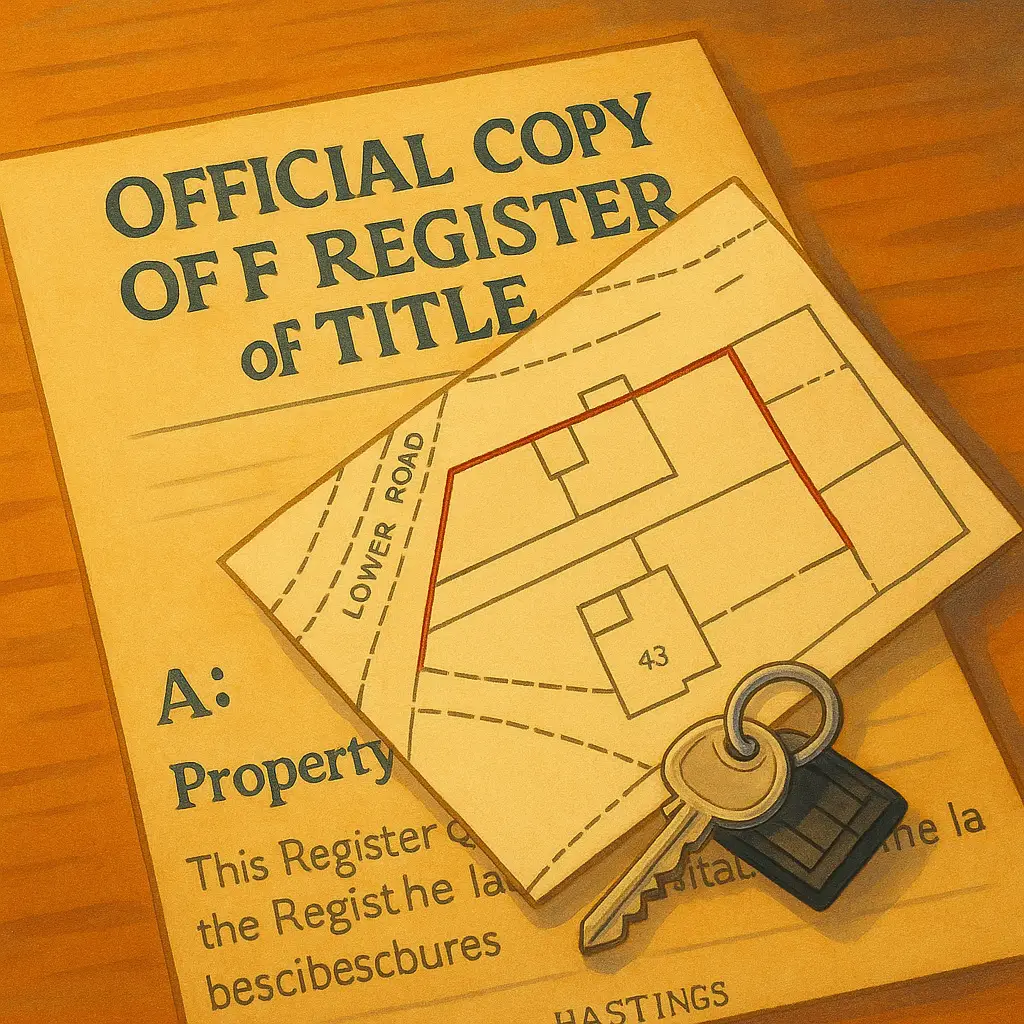Once your offer is accepted, the clock starts ticking. Leasehold purchases involve more parties, more paperwork, and more risk—and while your solicitor handles the legal work, they won’t catch everything. You only get one chance to investigate the property before you’re legally bound, so stay engaged, ask questions, and move quickly. Exchange of contracts is the point of no return—make sure you’re confident in every detail before you get there.
Instruct a solicitor with leasehold expertise
Leasehold purchases are more complex than freehold, so it’s essential to choose a solicitor who regularly handles leaseholds. Delays and costly mistakes often stem from inexperience. Once your offer is accepted, instruct your solicitor immediately and provide all relevant documents to avoid unnecessary hold-ups.
Read the lease yourself – every word
Your solicitor will review the lease, but you must read it too, excruciating as it will be. Focus on the length of the lease, ground rent terms, and any unusual clauses or restrictions. Pay close attention to subletting rules, pet policies, and repair obligations. If anything seems unreasonable or unclear, ask for clarification—before you’re legally committed.
Review the management pack in details
Your solicitor will request a management pack from the freeholder or managing agent. This includes service charge accounts, planned major works, insurance documents, and correspondence. Don’t just rely on your solicitor’s summary. Read through it yourself and look for red flags such as unexpected fee increases, disputes, or poor building maintenance.
Understand all costs – now and in future
Ensure you fully understand the current ground rent, service charges, and any planned increases. Check if there are upcoming major works and whether you’ll be expected to contribute. Ask whether any Section 20 notices have been issued. These costs can add up quickly and affect affordability—budget accordingly.
Instruct a building survey
Don’t ignore the condition of the building—get a proper survey
With leasehold flats, it’s easy to overlook the physical condition of the building, especially when common parts are managed by someone else. But if the roof leaks or the windows rot, you may still end up footing the bill through service charges.
Get a building survey done—even on modern blocks. Instruct the surveyor to focus on elements like windows, roofing, central heating (if shared), and any signs of damp or structural issues. A good surveyor will flag defects in communal areas and may indicate likely future costs or risks.
Ask your solicitor to confirm who is responsible for maintaining key elements. In many leases, windows and window frames are the leaseholder’s responsibility even though they appear external. The same applies to internal heating pipes, balconies, and external doors. Don’t assume it’s all covered by the freeholder, check before you exchange.
Cross-reference the lease with the surveyor’s report and the service charge history. If the roof needs work, ask if the freeholder has budgeted for it. If windows are your problem, get quotes before exchange.
Surveyors don’t inspect every communal area in depth unless instructed. If access to the roof space or plant room is needed, ask the managing agent to allow it. You can’t challenge poor maintenance after you buy—do the legwork now.
Ask direct questions, don’t assume your solicitor will
Solicitors handle the legal process, but they may not know your priorities. If you’re concerned about visitor parking, noise complaints, cladding, short term lets or communal areas, ask. Raise questions early and in writing. Your solicitor can only act on what they know, and the time to resolve issues is before exchange—not after.
In short, remain engaged. Good solicitors do the legal heavy lifting, but the smartest buyers take responsibility for understanding exactly what they’re buying.






